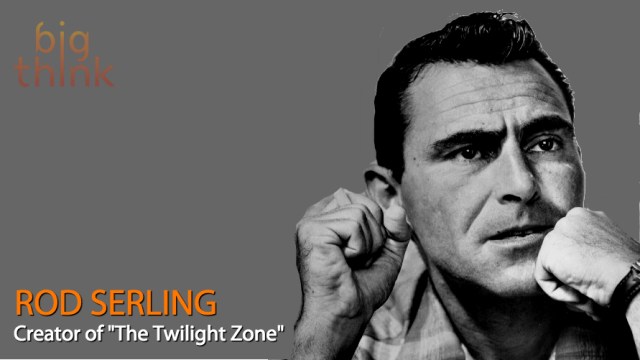Body Cameras in Public Schools Raise Surveillance Fears

A public school district in southeastern Iowa is outfitting its administrators with body cameras, writes The Atlantic’s Conor Friedersdorf. In his piece, Friedersdorf ponders whether the devices, which are not unlike ones being adopted by police departments, will become ubiquitous in other parts of the country. He argues that, if so, the social consequences would be broader than most would imagine:
“Americans who spend their childhoods in schools where all interactions are recorded for review are likely to regard constant surveillance outside the home as normal.”
Friedersdorf explains why the Iowa district elected to institute its camera policy. The decision stemmed from an incident involving Mark Yeoman, an Afghan war veteran and principal at a district middle school. Yeoman faced an investigation in which he was falsely accused of kicking a student during a minor altercation. Fortunately for him, the incident had been caught on school cameras. The video evidence vindicated Yeoman and reassured the child’s parents that no wrong-doing had occurred. District officials decided that administrators wearing body cameras would face fewer complaints.
Here’s how Friedersdorf conveyed his dissenting opinion:
“Note that stark contrast: For U.S. soldiers who are in Afghanistan, as well as American police officers, body cameras guard against misconduct or errors that regularly have deadly consequences. The stakes of improving outcomes could not be higher and the case that the benefits of body cameras outweigh the costs is easily made.
Yet here, a veteran of Afghanistan and a school police officer recommended body cameras when the stakes involve … a principal wrongly accused of kicking a student. If that’s the country’s new threshold for the benefits of intrusive surveillance outweighing the costs, it may as well dispense with half-measures and adopt 1984-level scrutiny.”
Friedersdorf’s anxiety stems from the precedent the school district is setting. He references a Des Moines Register commentator who extolled the district’s move and lobbied for cameras running at all times in classrooms so that parents can see when their kids aren’t behaving. Sure, transparency is important. But so is liberty and authenticity, two important values threatened by the ghastly thought of 100 percent school surveillance. Here’s Friedersdorf again:
“These responses illustrate the seductive power of mass surveillance: Before it is adopted, many succumb to the illusion that transparency can solve previously intractable problems. That belief is seldom vindicated … most American schools lack the levels of danger and crime that would justify relying on body cameras. And the effect of transparency in their hallways and classrooms could more likely divide than unite the communities they serve. Helicopter parents would perhaps constantly second-guess every perceived slight to their children. Administrators and teachers could cease behaving like normal humans and alter their behavior to minimize their chance of being criticized. Students could even cease having normal relationships with teachers and administrators. Maybe adolescents would find humiliations and trivial misbehavior recorded.“
Friedersdorf hits the nail on the head. The push to incorporate body cameras and classroom cameras suffers from a blatant disregard of the law of unintended consequences. Just look at the colossal mess that’s arisen in higher education where even tenured professors are afraid of taking any sort of academic risk now that colleges are in the business of pleasing students, not educating them. Or how merit pay completely backfired. How about the ways standardized testing and “teaching to the test” have gutted the critical-thinking aspects of our education system.
Friedersdorf says we should be wary of stepped-up school surveillance.
He’s right.
Read more at The Atlantic
Photo credit: Andrew Burton / Staff
If the topic of body cameras interests you, the following video featuring renowned psychologist Paul Ekman might be right up your alley. What if, instead of just body cameras, America’s police officers had to pass a daily anger test?





